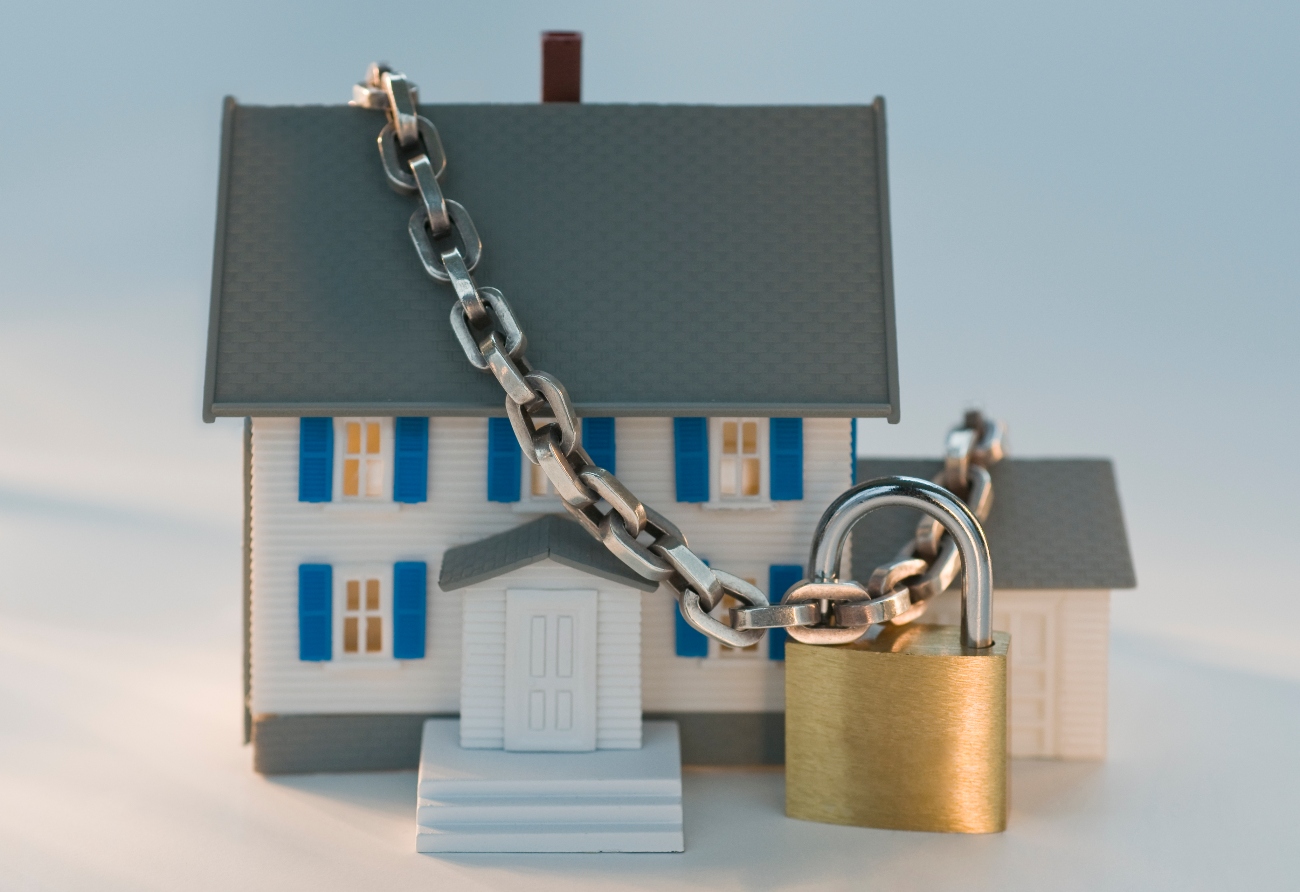While many scams are focused on collecting money or information through fake websites and suspicious emails, others involve a much larger target: property. Officials have recently been warning both residents and real estate agents in cities around the country to be alert for “title pirates.” This concerning scam can affect anyone who has ownership of a property, and can even result in losing land or a home. Keep reading to learn more about home title theft, what to do if you’ve been a victim and how to protect your property.
What is home title theft?
This serious scam, which has long been a problem, is a type of real estate fraud. It occurs when a criminal steals your property title, essentially giving themselves legal ownership of your property.
In general, certain properties and individuals are more prone to these scams. Common examples:
- Victims of identity theft. “If your personal information has been compromised, it’s critical to check whether your property title is still secure,” advises real estate attorney Zachary Gotlib.
- Unoccupied or empty lots. “Vacant lots are not like a residential property where people move in and out, and you can see or know of the sale,” adds Claudia Cobreiro, a real estate attorney and founder of Cobreiro Law. “Instead, the land is just there and it’s vacant, and so when the title changes, there’s no physical appearance of the fact that the sale took place in most cases.”
- A property that’s been paid for fully. “A lender is more likely to become aware of a transfer of title on a property they hold a security interest in, so a property that does not any liens, encumbrances or mortgages is prone to home title theft as there is generally nobody tracking title transfers,” explains real estate attorney Ashley Feuerman of Feuerman Law.
This scam is most successful for bad actors when the crime can go unnoticed.
Why home title theft is becoming more common
Though the scam itself isn’t new, criminals are becoming savvier than ever, which makes it easier for them to commit home title theft.
“It has been on the rise lately, partly due to the increase in access to new technology that helps facilitate different types of scams,” says Cobreiro.
Unfortunately, unwillingly getting caught up in a title theft scam can leave you not only stressed but also dealing with a complicated mess to fix, as well.
“Home title theft is a serious concern because once a criminal gains control of a property’s title, they can attempt to sell the home or use it as collateral for loans,” cautions Gotlib. “For example, after fraudulently transferring the title, the perpetrator might try to sell the property without the owner’s knowledge. They may also open a home equity line of credit (HELOC), using the property to secure the loan—all without the actual owner’s consent.”
Plus, you could find yourself dealing with significant debt, lawsuits and even unnecessary foreclosure, adds Feuerman. It can take a lot of work to get the situation cleared up and regain rightful ownership of your property.
How title theft scams work
In most cases, the scammer gets a window of opportunity for home title theft after obtaining your personal information through phishing or data breaches. Using that information, they then proceed to forge your signature on the documents necessary to quietly transfer the title of your home to themselves or someone else.
Once the fake deed is recorded with the recorder’s office in your county, they can make it appear that they legally own your home.
Often, people don’t even know the theft has occurred until long after the scam takes place. Those impacted may stop receiving mortgage or tax bills, or get unexpected notices about loans or defaults linked to the property. In some rare cases, victims find out when their property is unexpectedly put up for sale.
What to do if you become a victim of title theft
If you suspect you’re a victim of home title theft, you’ll want to act as quickly as possible. Here are the steps experts say you should take:
- Contact local law enforcement. This will allow you to file a police report and get help finding out the criminal responsible for the fraud.
- Reach out to your mortgage company. “If the property still has an active mortgage, immediately contact your lender’s fraud department to flag the issue and freeze the account,” says Gotlib.
- Alert credit bureaus. Letting the three major bureaus (Equifax, Experian and TransUnion) know what’s going on will ensure they put a freeze on your credit. This will help keep the criminal from causing any further damage.
- Find a lawyer. “Contact a local real estate attorney and title company to assist in securing title to their home and to initiate any legal action required to clean title,” adds Feuerman.
6 expert tips to protect your property title

Despite the growing threat of home title theft, there are several steps you can take to stay protected:
- Protect your personal information: Be cautious of phishing emails, suspicious texts and unsolicited calls. Never share personal or financial information unless you’re certain it’s secure.
- Act quickly if your identity is compromised: “If you fall victim to identity theft or any scam, immediately update your passwords, report the fraud, and remain vigilant for future activity,” advises real estate attorney Zachary Gotlib.
- Monitor your property’s title: “Many county recorder’s offices allow you to check title records for your home online through a simple search,” says attorney Ashley Feuerman. Some counties offer free notification services when a document is recorded on your property—sign up if available.
- Set up a Google Alert for your address: This will notify you of any online activity or listing associated with your property that may seem suspicious.
- Consider enhanced title insurance at closing: This policy offers added protection for new homeowners, shielding you from fraudulent claims. “It helps protect your legal ownership,” says Gotlib, and can be crucial if your identity is later used in an attempt to steal your title.
- Stay informed: Understanding how home title scams work and what red flags to look for is key to preventing them. Regularly review your property and credit records to catch issues early.






